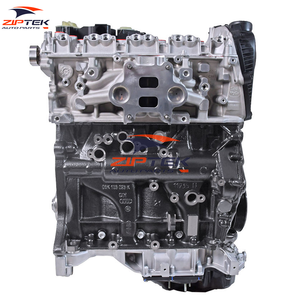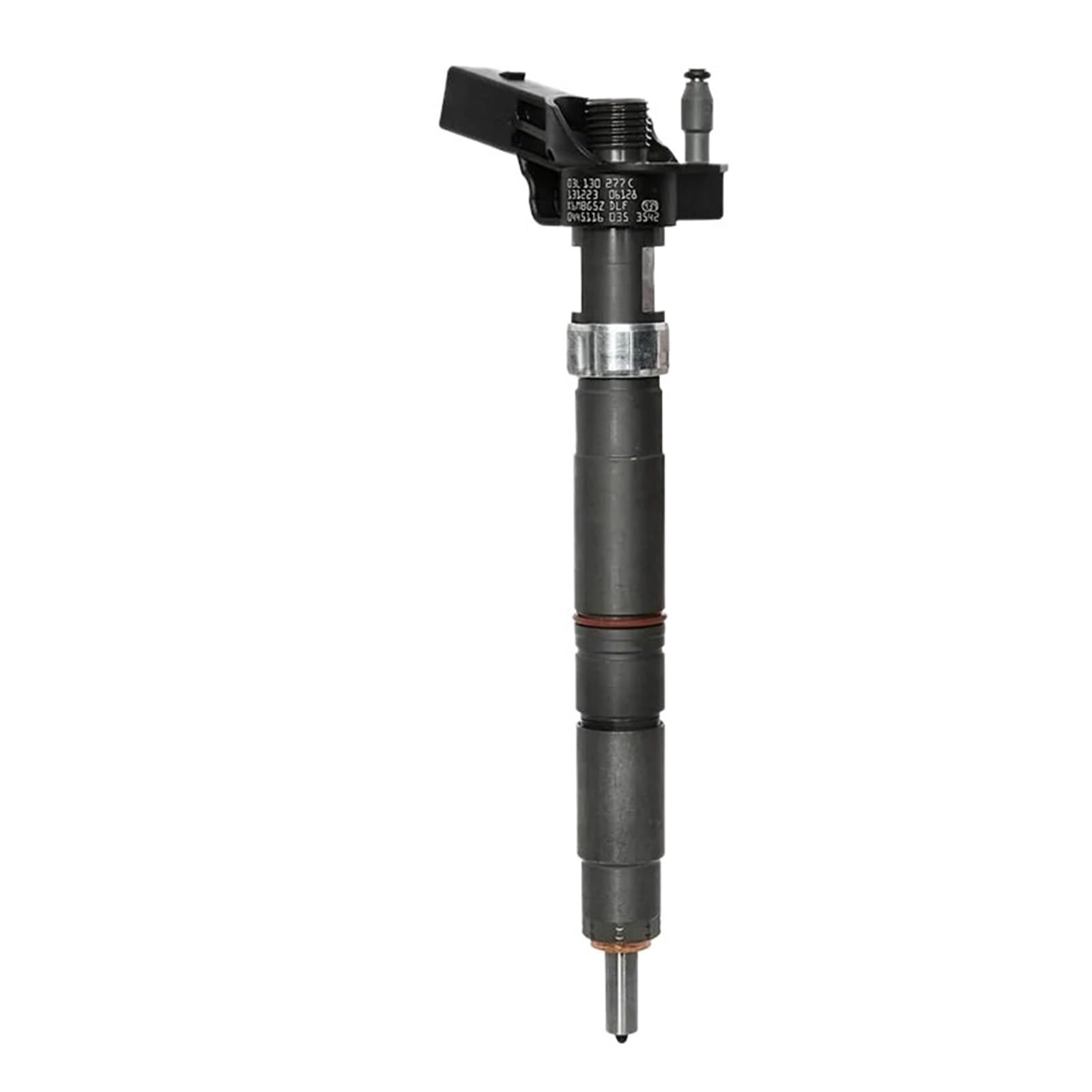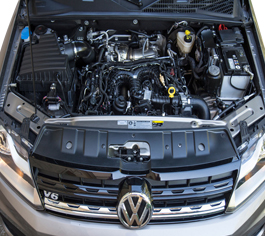Vital Considerations and Tips for Choosing the Right Engine for Your Demands
Choosing the ideal engine is a complex decision that needs mindful consideration of different aspects to ensure ideal efficiency for your specific requirements - amarok engine for sale. Understanding your intended application is vital, as the needs of commercial, industrial, or entertainment usage will considerably affect your choice. Furthermore, examining vital specifications such as fuel, torque, and horsepower efficiency, together with maintenance demands and spending plan restrictions, will certainly direct you towards a sustainable investment. Nevertheless, the ins and outs of engine option extend beyond these fundamentals, triggering a closer evaluation of important components that can inevitably influence your satisfaction and success.
Determine Your Objective
Determining your purpose is a critical initial step in picking the ideal engine for your needs. Comprehending the details application you have in mind will certainly guide your decision-making procedure and ensure that you pick an engine that straightens with your functional demands. Whether you need an engine for a business automobile, commercial equipment, or an entertainment project, each scenario needs various performance attributes and capacities.
Think about the atmosphere in which the engine will run. Will it undergo heavy loads, extreme temperature levels, or extended use? Evaluating these aspects will certainly assist you recognize the essential power outcome, fuel effectiveness, and resilience required to meet your goals.
In addition, consider the long-lasting ramifications of your selection. Budget plan restrictions, maintenance demands, and schedule of parts are necessary factors to consider that will certainly affect your general satisfaction and operational efficiency.
Inevitably, verbalizing your objective will certainly simplify the option procedure and empower you to make an educated choice. By plainly specifying your purposes, you can evaluate potential engines better and pick one that not only satisfies your current requirements however likewise sustains your future objectives.
Evaluate Engine Specifications
As soon as you have plainly verbalized your function, the next action is to review engine specs. This process entails a detailed exam of different technical details that can significantly impact performance and viability for your intended usage.
Begin by assessing the engine's horse power and torque rankings. Horse power is crucial for figuring out the engine's capacity to carry out job, while torque is crucial for comprehending just how well it can deal with heavy loads or velocity. In addition, consider the engine displacement, as it often correlates with power result and performance.
Next, take a look at the engine typeâEUR" whether it is a gasoline, diesel, or alternative gas engineâEUR" as each type has distinct qualities and applications. Take notice of the engine's configuration (e.g., inline, V-type), as this can affect dimension, weight, and total performance.
An additional crucial element is the engine's cooling system, which can influence integrity and maintenance requirements. Last but not least, examine the maker's online reputation and warranty offerings, as these can supply understandings right into long-lasting performance and assistance. Thoroughly assessing these specs will certainly aid guarantee that you select an engine that lines up with your operational goals and certain requirements.
Consider Fuel Performance
Fuel performance is an important variable to consider when selecting an engine, as it directly affects operational costs and ecological sustainability. An engine's gas performance is commonly gauged in miles per gallon (MPG) for cars or in specific fuel intake (SFC) for airplane and marine engines. Greater fuel effectiveness not just reduces the amount of gas taken in but additionally reduces greenhouse gas exhausts, making it a responsible option for eco-conscious customers.
When assessing engine alternatives, it is important to examine the driving conditions and intended usage. Engines optimized for freeway driving might display much better gas efficiency compared to those developed for stop-and-go traffic. In addition, think about the engine's innovation, such as turbocharging or crossbreed systems, which can substantially boost gas effectiveness.

Assess Maintenance Demands

Some engines may need more regular oil modifications, filter replacements, or specialized servicing, which can affect your functional downtime. Engines with widespread appeal usually have better parts schedule, lowering lead times during fixings.
One more critical element is the technological proficiency needed for upkeep. Some engines might necessitate customized training for service technicians, which can restrict your choices for service providers. Moreover, evaluate whether the engine's design enables for easy accessibility to components usually requiring maintenance, as this can considerably influence labor expenses.
Spending Plan Your Investment
Understanding upkeep requirements is simply one element of picking the right engine; financial content considerations play a just as important function (amarok engine for sale). Developing a clear spending Extra resources plan is vital, as it influences not only the preliminary acquisition rate yet additionally lasting functional prices
When budgeting, take into consideration both the in advance expenses and continuous costs such as gas effectiveness, maintenance, and possible repairs. A seemingly affordable engine may sustain higher expenses over time because of poor gas economy or frequent maintenance needs. Additionally, examine the schedule and cost of spare components, as well as the service warranties used by suppliers, which can provide financial defense versus unanticipated expenses.
It is additionally a good idea to consider potential funding choices or leasing setups, which might relieve instant monetary worries. Stabilize your wish for sophisticated attributes with your spending plan constraints, guaranteeing that you invest in an engine that fulfills your efficiency needs without compromising financial stability.
Ultimately, a well-shaped spending plan will empower you to make informed decisions, straightening your engine selection with both your functional requirements and monetary capacities, leading to a more lasting financial investment in the future.

Verdict
In final thought, selecting the proper engine necessitates a complete understanding of particular requirements and applications. Mindful evaluation of engine specs, fuel efficiency, and maintenance needs is essential for educated decision-making.
Gas performance is a critical element to take into consideration when choosing an engine, as it straight influences operational prices and environmental sustainability. An engine's fuel performance is generally determined in miles per gallon (MPG) for automobiles or in details gas consumption (SFC) for aircraft and marine engines. Diesel engines typically offer far better fuel effectiveness than fuel engines. Eventually, choosing an engine with a strong focus on fuel performance can lead to considerable long-term directory cost savings and add favorably to ecological initiatives. Careful analysis of engine specs, gas performance, and upkeep requirements is important for notified decision-making.